Healthcare workers supporti patients, clients, or residentsas they fight through, and sometimes pass away from health challenges. This brings on a period of grief, a bridge between how things were and what they will become. As you navigate this grieving period, here are a few key things to keep in mind:
Healthcare workers support patients, clients, or residents as they fight through, and sometimes pass away from health challenges.

Grief is a natural process that our minds and bodies undergo when we experience a significant loss in our life. It is evidence of the meaningful and loving connections we form with the people around us. . Understanding grief can help you cope with the emotional responses you experience when patients and clients in your care pass away.

Despite what people say about getting over “the first year,” grief has no timeline. The grieving process does not have a clear end date. Your grief journey may take longer than you or those around you expected, but it is important to remember not to rush the process. There is no ‘right’ or ‘wrong’ way to grieve. Even if you have experienced the same loss as another person, your journey through grief may not look the same as theirs, and that’s OK. The loss you have experienced will continue to be a part of your life overtime. There will be times when you think about, miss, and grieve that loss; It is a natural part of life. Overtime, grief begins to feel less raw and is replaced by memories that don’t hold the same painful emotions.

As you navigate the grieving process, the social connections you have built and continue to build will become more important than ever. Having family, friends, and peers to share your feelings and thoughts with can provide you with a strong support system.

There are a range of things you can do support yourself during this challenging time. The resources we have provided below are a great place to start as you navigate your grief journey. As you move forward, do what you can to maintain your normal routines and continue to keep in touch with family members and friends. You may also find it helpful to join a grief group to connect with other individuals who have also experienced a loss or to seek professional counselling.

The BC Bereavement Helpline (BCBH) is a non-profit, confidential resource that provides compassionate listening and support for individuals coping with grief. Representatives from the BCBH can help connect you with the appropriate resources, support groups, and agencies. Call: 1-877-779-2223 Mon – Friday 9am to 5pm or Email: contact@bcbh.ca

The Mobile Response Team is available to support the mental well-being and psychological safety of frontline healthcare workers who are experiencing distress and mental health concerns in response to COVID-19. Call: 1-888-686-3022 or Email: MRT@phsa.ca
For more information, we have compiled a list of resources to help you cope with grief.
Created by the Vancouver Home Hospice Team, this resource provides information on grief and bereavement. Although everyone’s journey is different, there are common themes that can help you with your grief.
This resource provided by Vancouver Coastal Health discusses some of the feelings you may go through when experiencing the death of someone close.
This resource from Vancouver Coastal Health ten common themes about grief.


Copyright © 2023